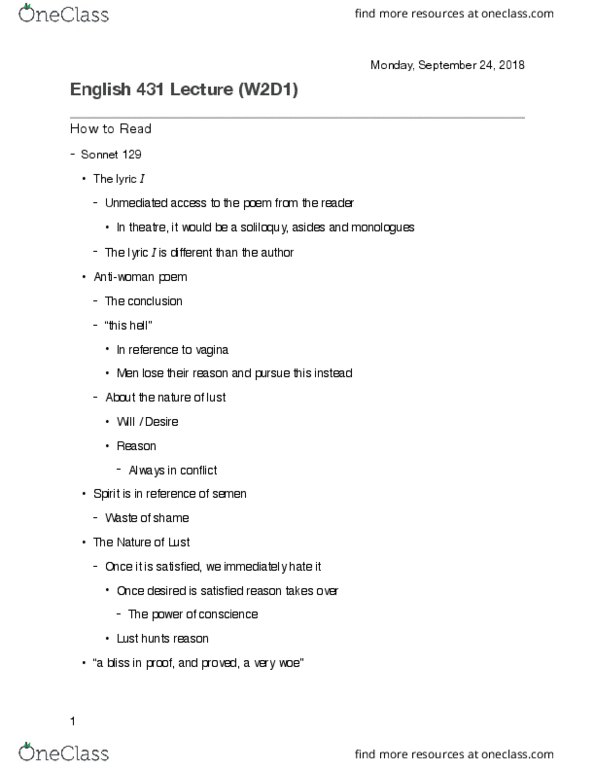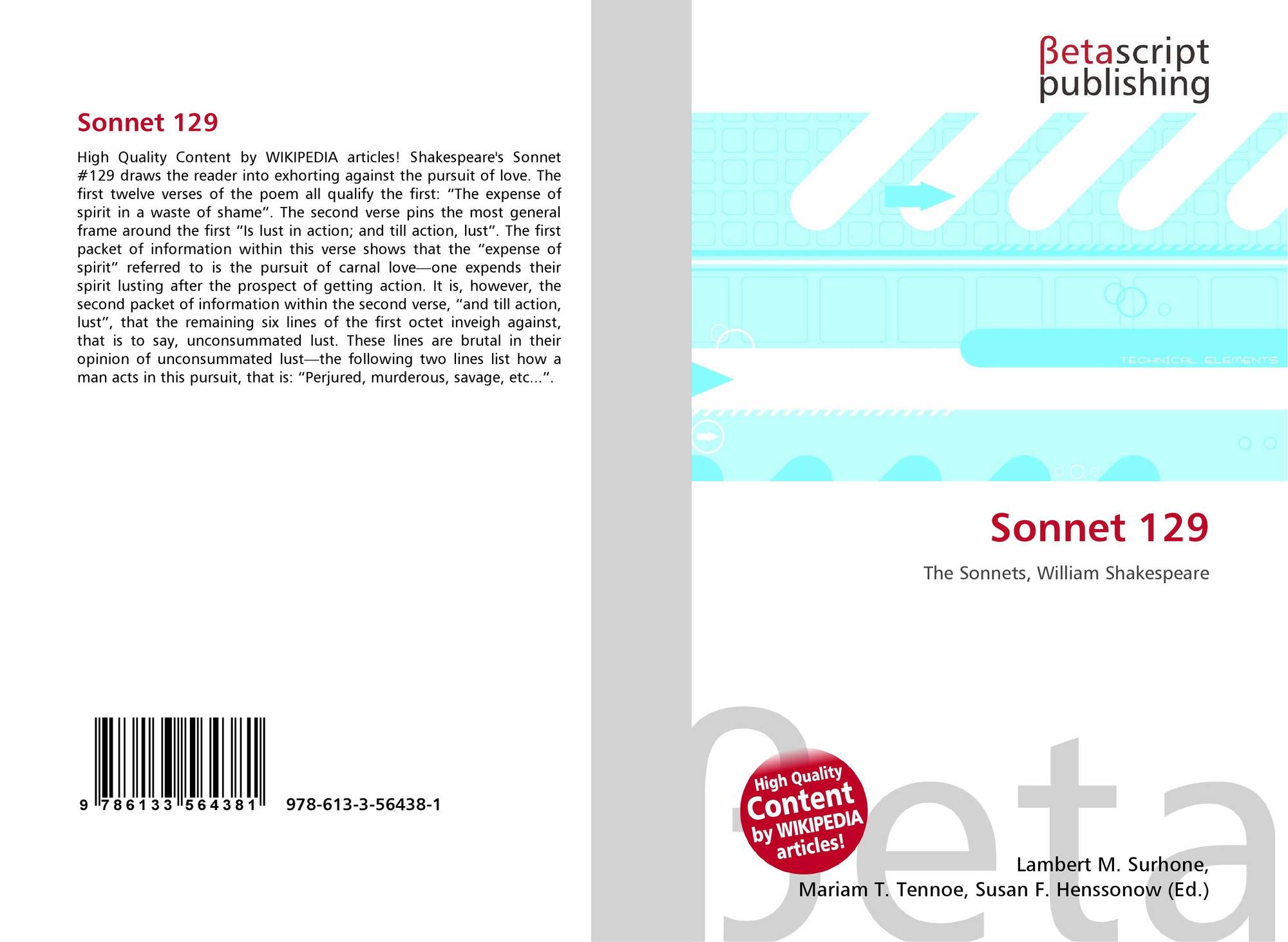
However, as sexual desire grows, the neurochemical state of the brain changes and mode shifts moral strictures are no longer readily brought to consciousness anything goes. Let us speculate that the moral strictures governing honest and honorable behavior are encoded in neural structures most strongly active in a certain behavioral mode, having a characteristic neurochemical profile. Such state dependence is one aspect of McCulloch’s concept of behavioral mode, which I will explain in the next post, and that is how I propose to explain the peculiar behavior upon which Shakespeare bases this sonnet. That is what is meant by state dependence. Recall of experience is best when the one’s brain is in the same state it was in when one had that experience. Schacter has written of mood-congruent memory retrieval: “Experiments have shown that sad moods make it easier to remember negative experiences, like failure and rejection, whereas happy moods make it easier to remember pleasant experiences, like success and acceptance” ( Searching for Memory, 1996, p. Their recall dramatically improved, however, if they once again became drunk. When their recall was tested while sober they performed poorly. Subjects were first made drunk and then asked to memorize nonsense syllables. Goodwin (“The Cartography of Inner Space” in Hallucinations, Siegel and West, eds. I first learned about state dependence when I read a review of the literature on altered states of consciousness in which Roland Fischer reported an experiment originally performed by D.

The world knows this well but at the same time they act as if they don’t “All this the world well knows, yet none knows well “ that they should actually avoid what seems like heaven but instead drives men to hell “To shun the heaven that leads men to this hell.This is known in the neural trades as state-dependent learning.

People go mad pursuing lust and want to possess it “Mad in pursuit, and in possession so, and go to any extremes in having it, yet they become extreme even after having it “Had, having, and in quest to have, extreme ” as it is proof of how a moment of bliss actually turns out something to be despised “A bliss in proof, and proved, a very woe ”which seems a joy when expecting it but afterwards turns out like a nightmare “Before, a joy proposed behind, a dream.”


He says that as soon as they enjoy such lust, they begin to despise it “Enjoyed no sooner but despisèd straight,”Even though they will do anything to pursue it “Past reason hunted, and no sooner had, “but as soon as they swallow it bait, they begin to hate it “Past reason hated as a swallowed bait” and insist that such a temptation was purposely laid in their path to make them mad “On purpose laid to make the taker mad ”
#Sonnet 129 full
The poet says the physical act of intercourse is a waste of energy and spirit while even shameful “Th’ expense of spirit in a waste of shame” he compares the action as only lust not love “Is lust in action, and till action, lust” which makes people murderous, violent and full of crime “Is perjured, murd’rous, bloody, full of blame,” they also become like savages who are cruel rude and not to be trusted “Savage, extreme, rude, cruel, not to trust,” via SparkNotes Shakespeare Sonnet 129 Analysis – WIKI Shakespeare Sonnet 129 Modern English (Translation)


 0 kommentar(er)
0 kommentar(er)
